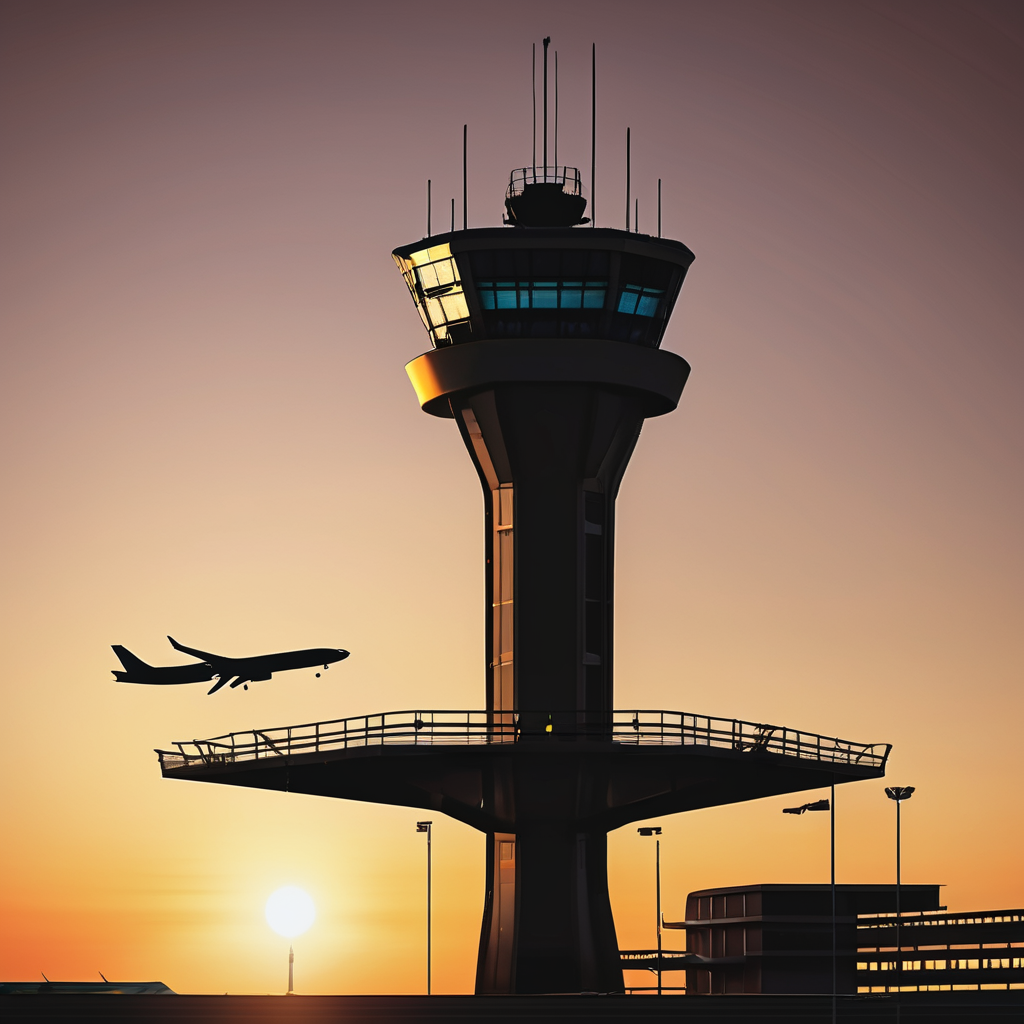President Donald Trump has urgently called for the immediate return of air traffic controllers to their positions amid ongoing disruptions at major U.S. airports, which have been significantly impacted by a government shutdown that is now the longest in American history. This demand comes in light of a staggering nearly 2,000 flight cancellations that occurred on Monday alone, illustrating the turbulence travelers are facing.
In a bold move, Trump announced that controllers who have not taken leave during the 41-day shutdown would receive a $10,000 bonus. He also threatened to withhold pay from those who fail to report to work, delivering an emphatic message on social media urging controllers to “REPORT TO WORK IMMEDIATELY.”
The government shutdown has left 13,000 air traffic controllers and 50,000 Transportation Security Administration (TSA) agents working without compensation. Many have had to seek additional employment or miss work for personal reasons, leading to a concerning absence rate; the Federal Aviation Administration (FAA) reported that between 20% and 40% of controllers at major airports are not on duty at any given time.
The situation is further deteriorating, evidenced by over 5,800 delayed flights on Monday, with projections indicating that disruptions may worsen. The FAA has instituted flight reductions of up to 10% in response to staffing shortages. Compounding these issues, a severe winter storm in Chicago has added additional challenges to air travel.
Transportation Secretary Sean Duffy highlighted the peak of staffing shortages at control centers, which are exacerbating ongoing flight delays. Amid these difficulties, air traffic controllers are under immense stress and financial pressure due to the lack of pay. Nick Daniels, president of the National Air Traffic Controllers Association, has stressed the importance of solidarity among controllers during these tough times, reiterating their commitment to maintaining safety in the air.
Critics of Trump’s approach have raised concerns about the legality of his threats to dock controller pay, pointing out that their compensation is typically defined by union contracts. Industry leaders have echoed these concerns, noting the potential effects of the ongoing shutdown on travel safety and operational efficiency.
The dedication of federal employees, particularly air traffic controllers, stands out during this period of adversity. As budget discussions continue, there is hope that solutions will be reached to restore normal operations and adequately support this essential workforce in aviation, potentially helping to rebuild travelers’ confidence in air travel.
